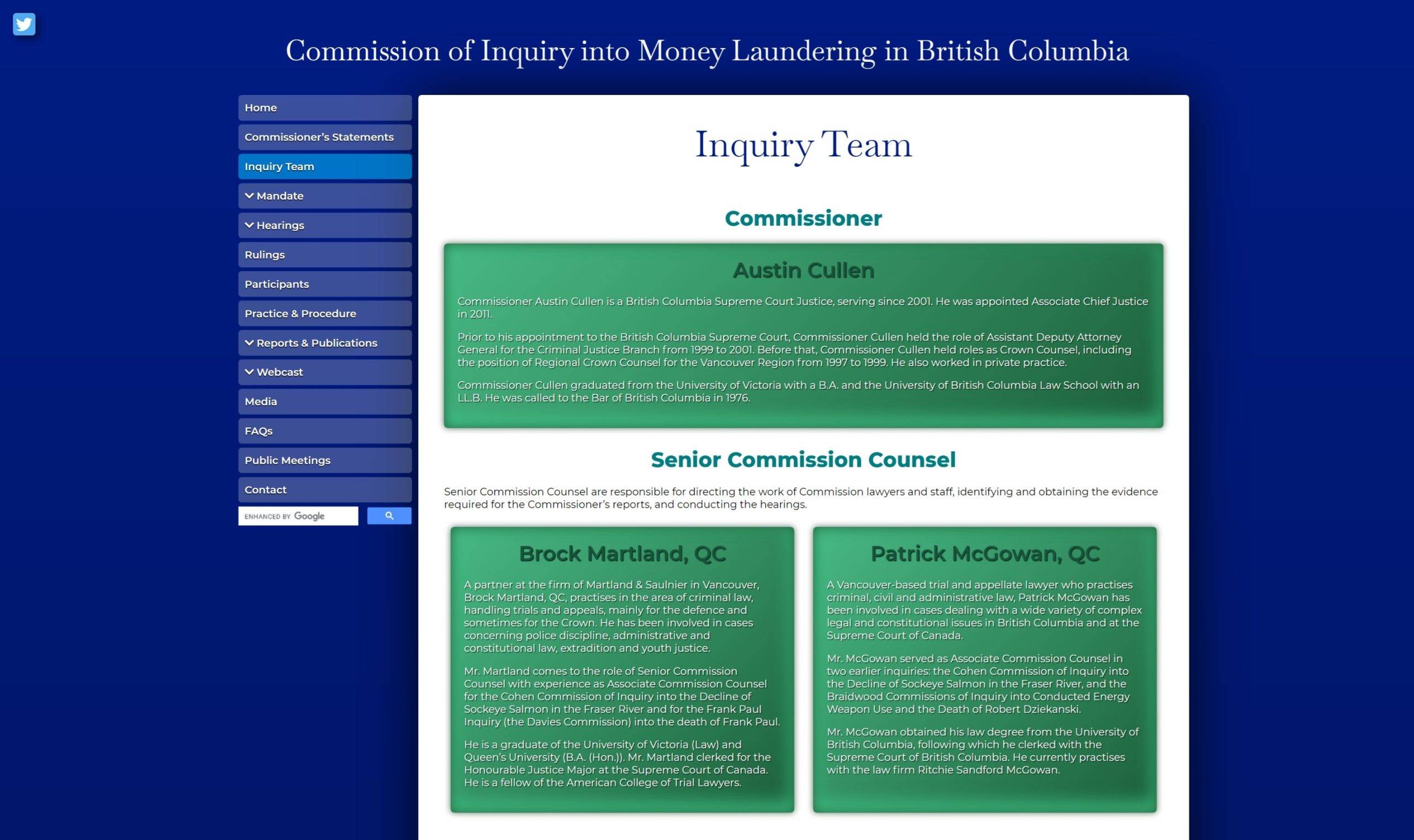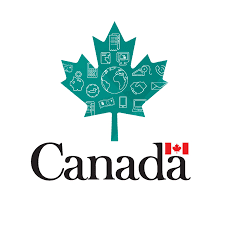A Paradise Lost
The Pandora Papers, The Panama Papers, and the Paradise Papers

How to Make Tax Evaders Contribute to Children’s Education
The Problem of Tax Evasion and Its Impact on Education Funding
Tax evasion is a serious crime that deprives governments and citizens of public funds that are essential for supporting important social programs and services, such as health care, child care, and education. According to the Canada Revenue Agency (CRA), tax evasion and aggressive tax avoidance cost Canada billions of dollars every year1. This means that less money is available for investing in education and improving the quality of life for all Canadians.
Education is a fundamental right and a key factor for social and economic development. However, many countries around the world face challenges in providing adequate and equitable education for their children, especially in the context of the COVID-19 pandemic. According to UNESCO, the global education financing gap was estimated at $148 billion in 2020, and could increase by up to one-third due to the impact of the pandemic2. This gap threatens the achievement of the Sustainable Development Goal 4, which aims to ensure inclusive and quality education for all by 20302.
One of the main sources of education funding is taxation. However, tax evasion undermines the ability of governments to raise sufficient revenues to finance education and other public goods. Tax evaders use various methods to hide their income and assets from tax authorities, such as offshore accounts, shell companies, trusts, and complex schemes. Some of the most notorious examples of tax evasion are revealed by the Pandora Papers, the Panama Papers, and the Paradise Papers, which exposed the secret financial dealings of wealthy individuals and corporations around the world3.
The Solution: A New System to Combat Tax Evasion and Support Education
To address the problem of tax evasion and its impact on education funding, we propose a new system that would involve the following steps:
- Strengthening the legislation and enforcement to prevent and punish tax evasion, tax fraud, and other financial crimes. This would include closing loopholes, increasing penalties, enhancing cooperation with international partners, and investing in technology and human resources to detect and prosecute tax evaders1.
- Creating a global registry of beneficial owners of companies, trusts, foundations, and other legal entities. This would increase transparency and accountability in the financial system, and make it harder for tax evaders to hide behind anonymous structures.
- Establishing a global minimum corporate tax rate to prevent profit shifting and tax competition among countries. This would ensure that multinational corporations pay their fair share of taxes wherever they operate, and reduce the incentives for tax evasion.
- Allocating a portion of the recovered tax revenues to a dedicated fund for education. This would provide additional resources for improving access, quality, equity, and inclusion in education at all levels, especially for the most marginalized and vulnerable groups.
The Benefits: A More Fair and Sustainable Future for All
By implementing this new system, we can achieve the following benefits:
- A more fair and efficient tax system that ensures that everyone pays their fair share of taxes according to their ability to pay.
- A more robust and resilient public sector that can provide essential services and support social welfare for all citizens.
- A more inclusive and quality education that empowers children and youth with the knowledge, skills, values, and attitudes they need to thrive in the 21st century.
- A more sustainable and peaceful future that fosters social justice, human rights, democracy, and global citizenship.
We believe that this new system is not only feasible but also necessary to combat tax evasion and support education. We invite you to join us in advocating for this system and making it a reality. Together, we can create a better world for ourselves and our children.
Frontiers | Tax evasion, psychological egoism, and revenue collection performance: Evidence from Amhara region, Ethiopia (frontiersin.org)
News
CRA has identified more than $76 million in unpaid taxes from Panama, Paradise papers leaks | CBC News
ABOUT THE AUTHOR

Senior reporter
Award-winning reporter Elizabeth Thompson covers Parliament Hill. A veteran of the Montreal Gazette, Sun Media and iPolitics, she currently works with the CBC’s Ottawa bureau, specializing in investigative reporting and data journalism. She can be reached at: elizabeth.thompson@cbc.ca.
CRA has identified more than $76 million in unpaid taxes from Panama, Paradise papers leaks
Chambers and Ashton both said they would like to see parliamentary committee hearings on the CRA's track record on cracking down on offshore tax evasion.
D.T. Cochrane, an economist with Canadians for Tax Fairness, said CRA employees take the issue of tax avoidance seriously but need more resources.
"We know from people working at the CRA that they take the issue very seriously and they are pursuing this as vigorously as they can, but they lack a lot of the resources that are necessary," he said. "Which is why Canada is lagging a lot of its international compatriots in dealing with the Panama Papers, the Paradise Papers, the Pandora Papers."
CRA flags $63.4M in tax dodging thanks to Panama, Paradise papers | iPolitics
CRA flags $63.4M in tax dodging thanks to Panama, Paradise papers | iPolitics
RANDOM BOOKMARKS

On What Matters
Bookmarkable

The Commission is committed to continuing with its important work for the
Psephology and the 45th Canadian Federal Election 2025: A Fun Guide |

Guiding Words in Steve Jobs’ Mind Leading to the Advent of the

Table of Contents The outsourcing challenge Organizing workers across fragmented production networks

達芙妮·布拉姆漢姆:溫哥華市長利用開發商為連任提供資金|溫哥華太陽報

Pierre Poilievre has the charisma of not being charismatic What can account

What can account for this phenomenon? Click Here Table of Contents Bank








